Performing Arts: Theater
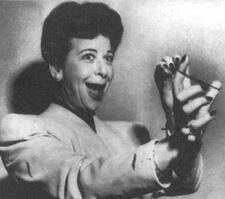
Fanny Brice
One of America’s great clowns, Fanny Brice built her career on a Yiddish accent and a flair for zany parody. Brice earned a reputation as a vaudeville star before creating some of her best-loved comedic personae for radio.
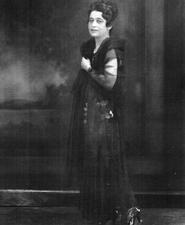
Mirra Burovsky-Eitingon
Mirra Burovsky was the first Jewish actress to star in the mainstream Russian theater. Her stormy life and career brought her to center stage of Jewish cultural, intellectual, and social ferment in Tsarist and revolutionary Russia, Weimar Germany, and mandatory Palestine. Her third marriage, to psychoanalytist Max Eitingon, and the career of her son Yuli Khariton, “the father of the Soviet atomic bomb,” created the background for a continuing espionage controversy.
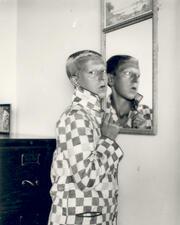
Claude Cahun
Surrealist photographer Claude Cahun lived their life in a spirit of rebellion and defiance. From their precocious teenage years, defying conventional ideals of beauty and femininity with their shaven head and male attire, to their direct resistance of German occupying forces, they active worked against the suppression of liberty and freedom—a life of resistance.
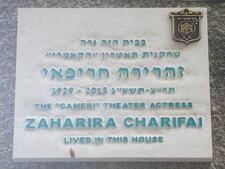
Zaharirah Charifai
Zaharirah Charifai was an influential Israeli actress who became nationally known in the role of Grusha in Brecht’s The Caucasian Chalk Circle, and from then on performed in dozens of plays at the Cameri and the Haifa Municipal Theater. In addition to stage acting, Charifai appeared in three successful solo performances, on the radio, and in several films.

Charlotte Charlaque
Charlotte Charlaque was a transgender trailblazer, actress, and translator in Weimer Berlin and post-Shoah New York City.
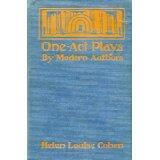
Helen Louise Cohen
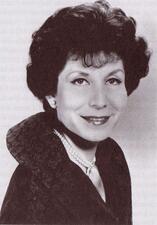
Betty Comden
Betty Comden wrote lyrics and librettos for enduring and beloved musicals like Singin’ in the Rain and Peter Pan, winning some of the industry’s highest honors. Comden worked with her writing partner, Adolph Green for almost fifty years on different musicals, winning their final Tony Award together for The Will Rogers Follies in 1991.
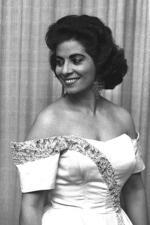
Shoshana Damari
Shoshana Damari’s lush voice and her fusion of Eastern and Western musical aesthetics made her the voice of a generation in Israeli music, recording dozens of albums in her career. She made several movies, was known for her song “Kalaniyot” (Poppies), and was awarded the Israel Prize in 1988 for her contributions to Israeli music and culture.
Ruth Dar
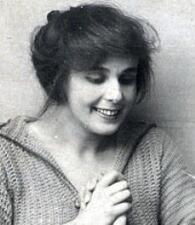
Lili Darvas
Lili Darvas was an internationally acclaimed actress, known on the stage and screen in Europe and the United States. Born in Budapest in 1902, as an actress Darvas combined the fetching qualities of an ingenue with the depth and mature allure of an experienced woman of the world, which led to her rise to fame in New York, Germany, and Hungary.
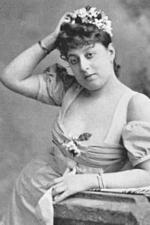
Selina Dolaro
A determined and talented performer, Selina Dolaro raised four children alone while pursuing an illustrious acting and singing career in late nineteenth-century England and America. Dolaro performed in various London operas, most notably as the title role in the first English version of Carmen. She made her American debut as Carmen in 1879.
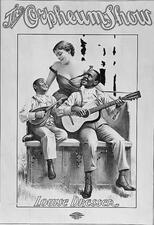
Louise Dresser
Louise Dresser was a celebrated singer in vaudeville and musical comedy, as well as a star in early motion pictures. Known largely for her rendition of Paul Dresser’s song “My Gal Sal,” she also sang his “On the Banks of the Wabash.” After vaudeville, Louise Dresser found success on Broadway, before moving to Hollywood to star in films opposite Will Rogers.
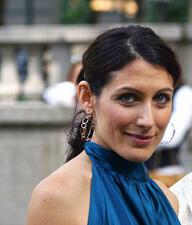
Lisa Edelstein
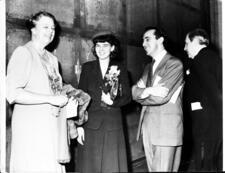
Phoebe Ephron
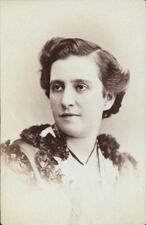
Rose Eytinge
Reportedly the first American theater actress to earn a three-figure salary, Rose Eytinge was praised for her fiery, passionate performances. Known for taking on physically demanding roles, on a performance tour stop in Washington, she was invited to the White House by President Abraham Lincoln. In 1905 she published her autobiography, Memories of Rose Eytinge, detailing her life in theater.
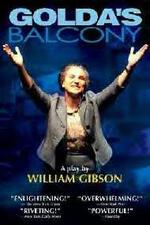
Tovah Feldshuh
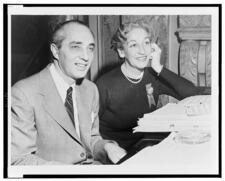
Dorothy Fields
Dorothy Fields wrote songs for a wide variety of musicals that became classics of American culture, from “Hey Big Spender” to “A Fine Romance” and “The Way You Look Tonight,” which won an Academy Award in 1936. In 1971, when the Songwriters’ Hall of Fame held its first annual nominations, Dorothy Fields was the only woman named to the ballot.
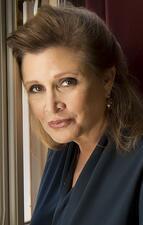
Carrie Fisher
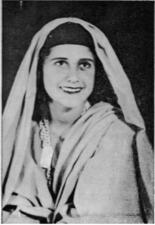
Esther Gamlielit
Esther Gamlielit was prominent in a lineage of Yemenite singers, after Brachah Zefira and before Shoshana Damari. Gamlielit was a talented singer, dancer, and actress, known for performing songs with the Yemenite-style pronunciation of the Hebrew letters het and ayin.
Berta Gersten
Berta Gersten, a tall, regal, soft-spoken actor, was a highly acclaimed leading lady in the Yiddish art theater movement for fifty years. Her career on the English-language stage, though shorter, was also distinguished. Gersten was one of the original members of Maurice Schwartz’s Yiddish Art Theater, toured worldwide, performed in English films, and acted on Broadway.

Tavi Gevinson
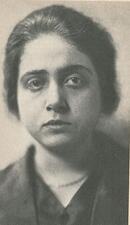
Therese Giehse
Focusing on difficult roles written for older women, Therese Giehse earned a reputation as a talented actress who brought Bertolt Brecht’s works to life. She co-founded an anti-Nazi literary cabaret called The Peppermill in 1933 and was known for touring successful anti-fascist theaterical works. She had a long collaboration with Brecht and developed a reputation as an “intellectual popular actress.”
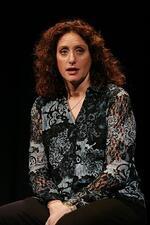
Judy Gold
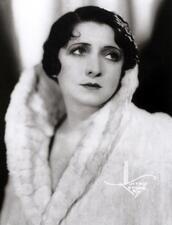
Jennie Goldstein
Jennie Goldstein was one of the foremost Yiddish theater tragediennes, beloved by the public and acclaimed by critics for her acting skills and outstanding voice. During the 1940s, as opportunities in the Yiddish theater waned, Goldstein transformed herself into a comedian.



